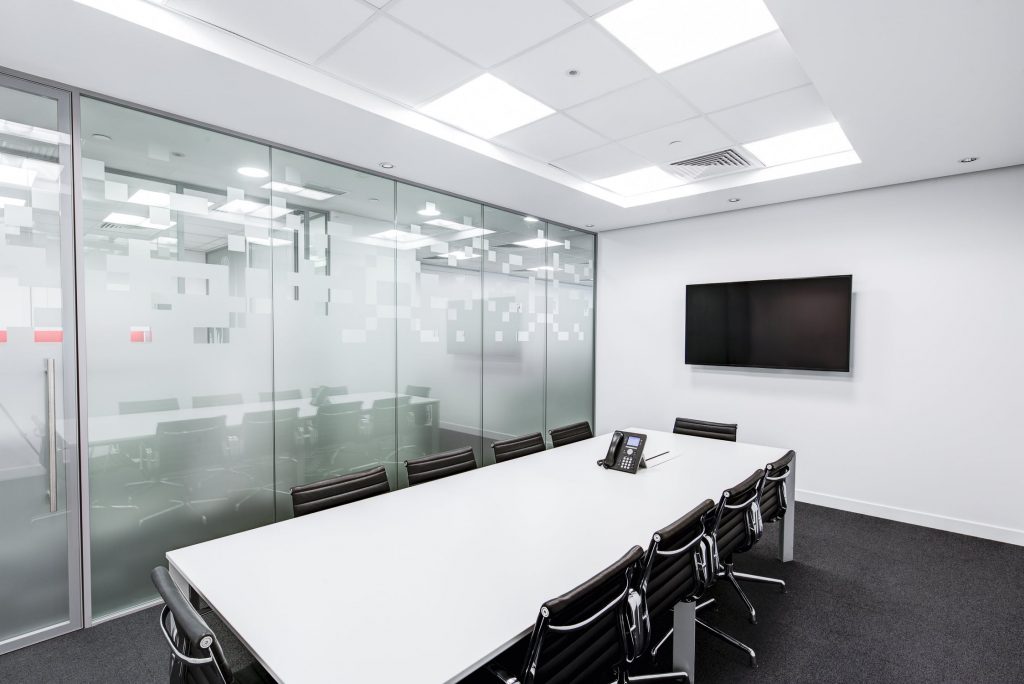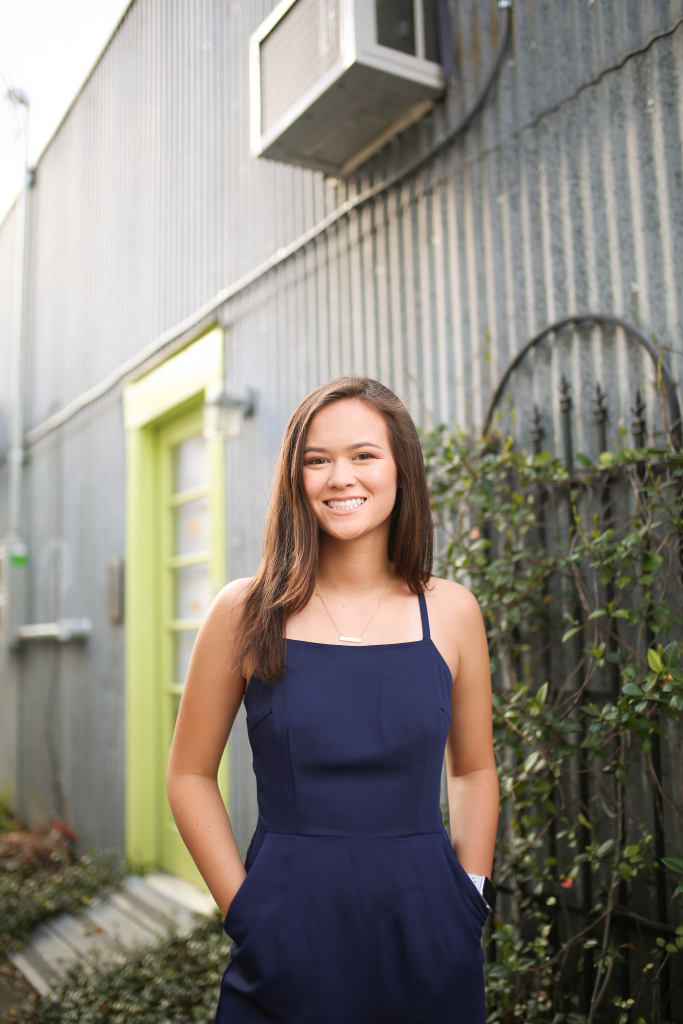Being Out in a Professional Environment

I came out at 15. When I came out, I was attending a high school in a progressive neighborhood that had an openly gay principal, and I had multiple gay teachers. I never felt scared to show up as myself.
Now, I attend the University of Florida, a southern school with a primarily white, cisgender and heterosexual population. I’m studying public relations. I have not had a single professor that was gay. There’s nothing wrong with this except that I no longer have anyone to turn to when I feel lost.
Some days, I feel like I’m responsible for leading the conversation on the LGBTQ+ community in the public relations department. And most days, I don’t feel like doing that. I love diversity work and I love speaking on behalf of my community, however, I refuse to be pigeonholed because I am much more than my sexuality.
LGBTQ+ Employees Face Discriminatory Laws and Policies
According to the Human Rights Campaign, 46% of LGBTQ+ employees are closeted at work and 53% report hearing jokes about lesbian or gay people at least once in a while. The Trump-Pence administration said anti-discrimination protections under Title VII do not apply to transgender people. The Department of Justice filed an amicus brief arguing that federal non-discrimination protections do not protect LGB people on the basis of sex.
LGBTQ+ people are scared to be out in professional environments. And it wouldn’t matter if relationship and family topics weren’t so prevalent in everyday conversation.
How to Make LGBTQ+ Employees Feel Safe
Always introduce yourself with your pronouns. Not only does it signal to transgender and non-binary individuals that they can share their pronouns, but it also signals to LGB people that they’re in a safe place.
Employee resource groups help talent retention. When LGBTQ+ employees can advocate for one another, and have the support of upper-level management, they can work to shift the workplace culture by educating peers.
Normalize queer language. The terms “significant other” and “partner” are regularly used when referring to LGBTQ+ relationships. If topics on relationships and family come up, and it makes sense to do so, don’t be afraid to ask your queer workers about their life. Too often queer individuals are looked over during these conversations simply because people are afraid to say the wrong thing.
And if you do say the wrong thing, don’t get awkward and excessively apologize. I won’t speak on behalf of all LGBTQ+ people, but I want queer identities to be normalized. If you make a mistake, correct yourself, and move on with the conversation.
Don’t make assumptions and don’t be too nosy. A good rule of thumb: If you wouldn’t ask a straight, cisgender person about that aspect of their life, don’t ask a queer person.
Underrepresented communities are finally getting the attention they deserve. Once the diversity box is checked off, inclusion becomes the main priority. It’s easy to hire a member from a marginalized group and call it diversity, but implementing culture shifts within organizations is critical for inclusion.

Rayna van Beuzekom is a second-year public relations student at the University of Florida. She serves as the vice president of diversity, inclusion and opportunity for the UF PRSSA Chapter. Follow her on Twitter @raynacosette and connect with her on LinkedIn.
